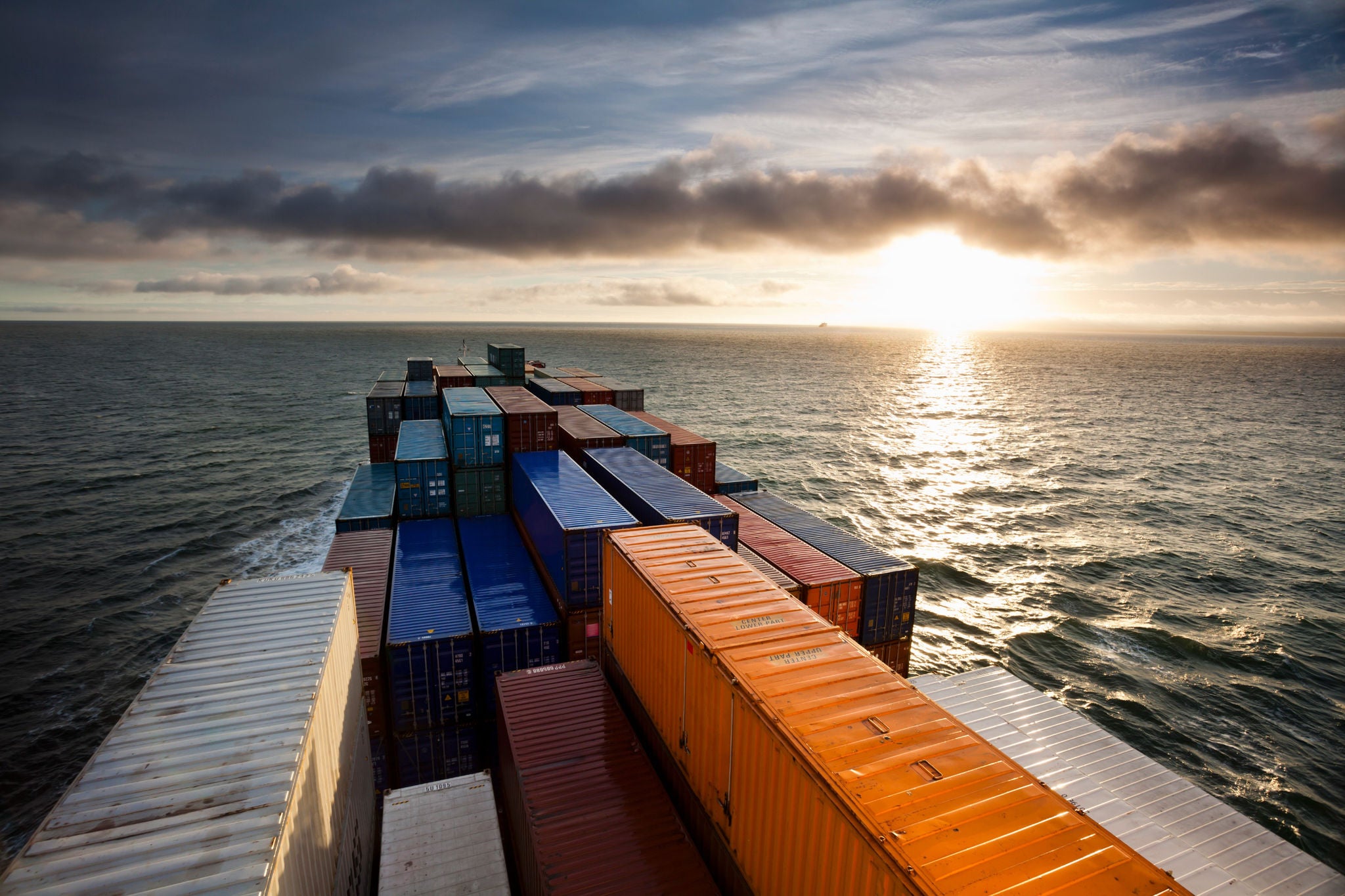EY refers to the global organisation, and may refer to one or more, of the member firms of Ernst & Young Global Limited, each of which is a separate legal entity. Ernst & Young Global Limited, a UK company limited by guarantee, does not provide services to clients.

Climate Change Minister Chris Bowen recently announced he will consider policy options to shield local manufacturers from competitors that have weak or non-existent decarbonisation polices.
Over the last few weeks, China has announced export controls on gallium and germanium – the rare metals used in semiconductors, solar panels and electric vehicles. The US has imposed limits on investment in China related to military and surveillance technology.
More bolts have fallen to the floor in a world decoupling, as economic security concerns and the race to secure materials, processing capacity and capital for the global energy transition dominate policy making.
The IMF’s July World Economic Outlook expects world trade growth to decline from 5.2 per cent in 2022 to 2 per cent this year. Why? Slowing global demand, shifts in consumption towards services, the lagged effects of US dollar appreciation and, depressingly, rising trade barriers.
The US Inflation Reduction Act (IRA) and the CHIPS and Science Act, and the draft EU Net Zero Industry Act and Chips Act, are estimated to deliver more than a USD1trillion of industry assistance and do lots of good. They encourage new technology, skilled jobs and lower carbon emissions. But they also throw up distortionary ‘behind the border’ trade measures.
As a small, open economy that imports debt and generates just under one quarter of its GDP from exports, Australia has a particular interest in the free flow of goods, services, capital, technology, ideas, payments and people.
Despite this, the Productivity Commission’s latest Trade and Assistance Review showed inbound foreign direct investment has been subject to stricter screening since January 2021, and foreign investment application fees have increased notably.
Industry assistance rose to $13.8 billion in 2021-22, up around $500m from the year before. With 90 per cent of goods entering tariff free, this is not about border protection. It reflects concessional finance by Government to the private sector.
Climate change policy and the ‘green transition’ is a source of intervention with potential to distort trade, as in the US and Europe.
The key question is: are the trade distortions worth the additional benefit they generate?
Geopolitical concerns and climate management don’t occupy a large part of Ricardo’s comparative advantage theory. But it’s 2023 and relying solely on the most efficient country to produce our necessities is an increasingly unsafe and unrealistic bet.
As ANU Professor Anthea Roberts notes in her paper published in the Journal of International Economic Law, policy makers need to have an eye on risk, reward and resilience. Australia can’t give up on trade and the free flow of foreign capital. But neither can it pretend national security risks and the need to reduce our carbon emissions don’t exist.
This means policy makers need to be nimble and build resilience As Roberts argues, an interdisciplinary approach is needed.
It’s fair to ask, after looking at Australia’s trade figures, why the concern? Australia recorded a trade surplus in June of $11.3 billion, the tenth successive month it was above $10 billion: unprecedented.
But our trade accounts won’t look as good once many of our carbon emitting exports become increasingly unfashionable.
The EY computable general equilibrium model tells us that if our exports to Southeast Asia fall by 10 per cent in the space of a year, Australia’s GDP would fall by $1.84 billion and 11,400 jobs would be lost. That’s even taking account of the fact that many of our goods and services find willing buyers outside of the region.
So we can’t ignore the economic imperative to diversify our export base.
With business sector support, Australian policy makers are working to build resilience and prepare us for an uncertain future.
The Simplified Trade System represents the biggest attempt at whole-of-government trade modernisation in a generation aimed at upgrading our plethora of border systems and web of complex regulations.
Another example is the Department of Finance's efforts to reduce unnecessary regulatory costs such as modernising document execution and improving occupational mobility.
And the good news is that these policies can co-exist with others that reduce world emissions and reinforce our sovereign security.
Ongoing expansion of our lithium production could provide more material inputs to the many US projects incentivised by the IRA that lower harmful emissions.
Aggressively pushing forward with the Albanese Government’s ambition for 82 per cent renewables by 2030 could lower the price of electricity, and therefore the inputs needed to produce the numerous goods and services that build our national defence capability and shore up domestic supply chains.
It’s messy and far from simple, and the dollars generated from a strictly free trade approach may not be as high.
But as Dr Guy Debelle argued following Bowen’s announcement, we can’t let perfect be the enemy of the good. Let’s keep selling our economic treasures to a world that wants them but recognise that tomorrow’s treasures are different from yesterday’s.
Summary
Australia can’t give up on trade and the free flow of foreign capital. But neither can it pretend national security risks and the need to reduce our carbon emissions don’t exist. With business sector support, Australian policy makers need to build resilience and prepare us for an uncertain future.
This article first appeared in The Australian Financial Review.


